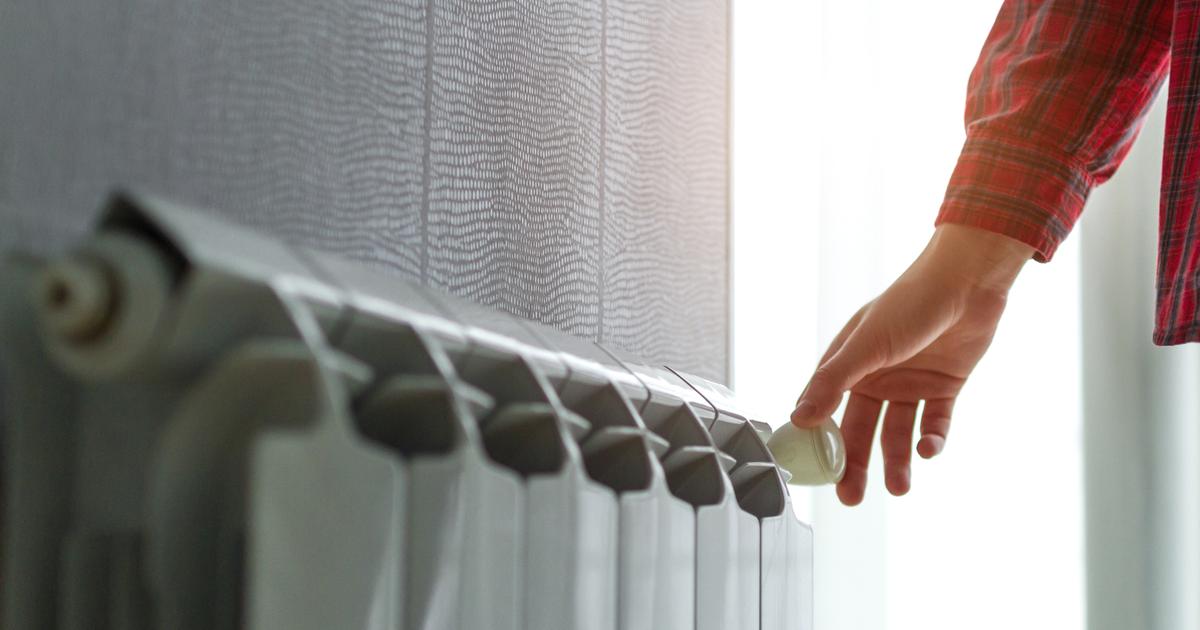Since the start of Russia's invasion of Ukrainian territory, the energy issue has come back to the fore in Europe, due to the continent's heavy dependence on Russian hydrocarbons.
It is in this context that the IEA has just made public a report, which seeks for its part, through 10 concrete measures, to get European energy demand out of its Russian dependence as quickly as possible.
In addition to increasing storage capacity and diversifying supply points, the AIE has also put forward an original solution, which directly involves consumers: reducing their heating bill.
Read alsoWar in Ukraine: the EU would manage to do without a third of Russian gas, at the cost of enormous efforts
According to the report, “
Many European citizens have already responded to Russia's invasion of Ukraine in various ways, through donations or, in some cases, directly helping Ukrainian refugees.
Adjusting the heating controls in gas-heated buildings in Europe would be another possibility for temporary action, saving considerable amounts of energy
”.
In concrete terms, the Agency suggests that European consumers gradually reduce their heating consumption to directly lead to a slowdown in EU imports of Russian gas.
A “
collective responsibility
”
According to the IEA, lowering the temperature of a home, business or administrative premises by one degree
“would allow immediate annual energy savings of around 10 billion cubic meters
”.
Knowing that the EU has imported 155 billion cubic meters of Russian gas, the generalization of this "
taking of collective responsibility
" according to Barbara Pompili, Minister for Ecological Transition, could thus lead, on its own, to a reduction of around 6 .45% of these same imports between 2021 and 2022.
Read alsoGas: the IEA proposes 10 measures to quickly reduce the EU's dependence on Russia
This measure is, at first glance, particularly effective and relevant for several reasons.
According to Nicolas Berghmans, Europe manager, Energy-Climate expert at the Institute for Sustainable Development and International Relations (IDDRI) and contacted by Le Figaro, "
this measure can contribute, on its own scale, to the reduction in the income of Russian companies and therefore, by extension, of the State.
In addition, although lowering the temperature in a home or business premises can have an influence on comfort, it ultimately has little impact on the economy
”.
But are European consumers resolutely ready to lower their thermostat?
“
European public authorities must truly communicate on this issue and show that consumers have means of action which allow them, at their level, to come to the aid of Ukraine.
This should not be difficult to accept with the emotion aroused by this conflict, especially since individuals have for some time been accustomed to saving energy for financial or environmental reasons
” adds Nicolas Berghmans.
Read alsoThe 10 effective actions to reduce energy consumption
Thus, according to a report by the French Ecological Transition Agency (Ademe), reducing your heating by one degree allows you to save 7% on your overall energy consumption.
The IEA's proposals are therefore also fully in line with the logic of the European "
Green Deal
" of July 14, 2021, which aims to massively develop renewable energies and reduce the EU's economic and geopolitical dependence on fossil fuels.
Read alsoEurope relies on ecology to revive its economy
The hunt for waste to avoid shortages
Asking the population to reduce their heating consumption is also a way for Europe to protect itself from the risk of shortages.
For Nicolas Berghmans, “doing
without Russian hydrocarbons obviously represents a huge challenge.
However, it is important to separate the short from the long term.
This IEA measure is part of a waste-hunting logic that is perfectly suited to the current situation where the risk of shortages is real.
This same situation is also a good opportunity to accelerate the response to longer-term challenges such as energy transition or thermal renovation
”.
Read alsoItaly asks Algeria to depend less on Russian gas

